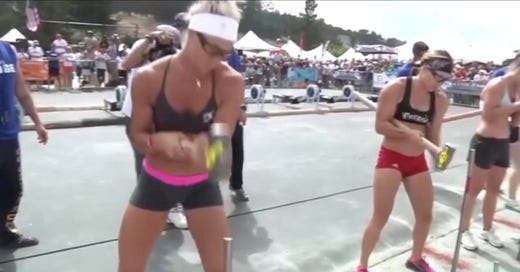Overview
In the sports, fitness, and martial arts worlds, there's a common belief that exercises and drills in the gym will naturally transfer to other activities. This belief assumes that intent equals results: if an exercise is meant to transfer to something else, it will. However, what it does is what it does. For instance, if a supplement intended to cure cancer doesn't cure cancer, then that's what it does, not cure cancer.
Understanding skill transfer
Skill transfer is about taking what you've learned in one context and applying it to another. Here's the catch:
Positive transfer: Skills that help you perform better in a new context.
Negative transfer: Skills that actually make you worse in a new context.
In reality, skills rarely transfer perfectly because the environments, feedback, and specific demands of tasks differ significantly. This is especially true when transferring skills from a stable, controlled environment to a dynamic, unpredictable one. Most skills exhibit limited positive transfer while risking negative transfer, and they need contextual adaptation to be useful in new settings. Since "how you do one thing is how you do all things," performing a skill in an uncontrolled environment as you would in a controlled one leads to negative transfer. When you practice skills in their specific context, you eliminate the need for transfer, thereby avoiding the loss that comes with translation. Speaking the language directly is always more effective than translating it.





